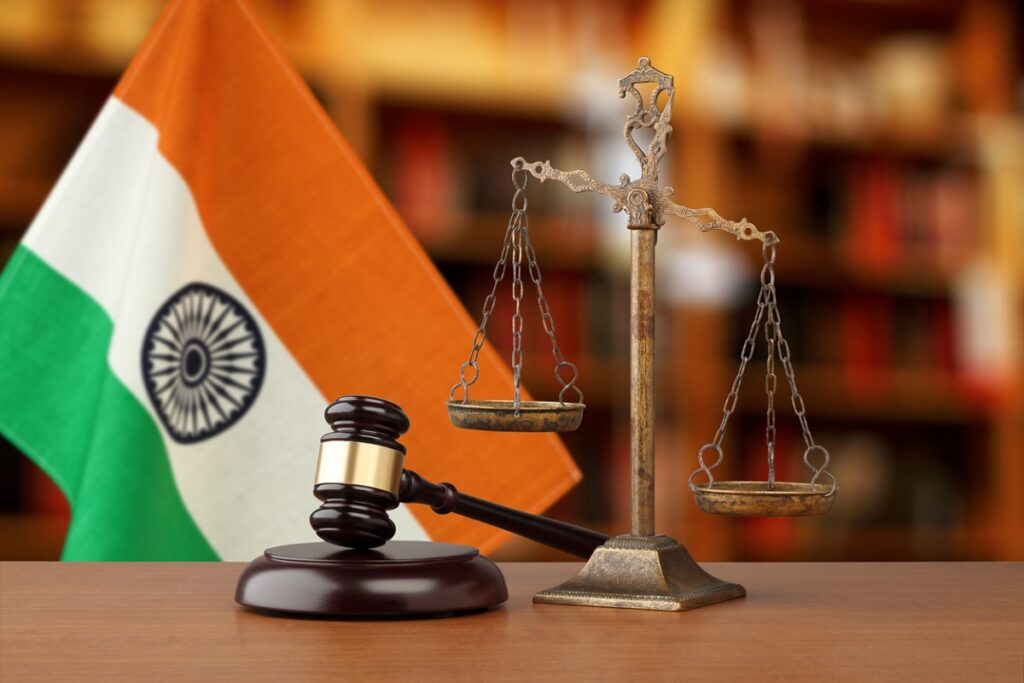
INTRODUCTION:
The Uttar Pradesh State Judiciary Exam, also known as the Uttar Pradesh Judicial Service Examination (UPJSE), is conducted to recruit candidates for the judiciary in Uttar Pradesh. It assesses candidates’ knowledge of law, including substantive and procedural laws, constitutional provisions, and legal reasoning skills. The exam consists of multiple stages, including a preliminary exam, mains exam, and interview. Successful candidates become eligible for appointment as Civil Judges (Junior Division) in the state judiciary.

SYLLABUS
The syllabus for the Uttar Pradesh State Judiciary Exam, commonly known as the Uttar Pradesh Judicial Service Examination (UPJSE), covers various subjects related to law and legal procedures. Here’s a detailed overview of the syllabus:
General Knowledge:
This section generally includes questions on current affairs, Indian history, geography, Indian polity, Indian economy, and general science. Candidates should stay updated with national and international events.
Language:
Proficiency in Hindi and English is essential as the examination may include questions on grammar, vocabulary, comprehension, and translation from English to Hindi and vice versa.
Law I (Substantive Law):
- Indian Penal Code (IPC)
- Indian Evidence Act
- Civil Procedure Code
- Criminal Procedure Code
- Constitutional Law
II (Procedural Law):
- Law of Contract
- Partnership Act
- Uttar Pradesh Zamindari Abolition and Land Reforms Act 1951
- Specific Relief Act
- Hindu Law and Mohammedan Law
- Transfer of Property Act
III (Evidence and Revenue Laws):
- Indian Evidence Act
- Uttar Pradesh Revenue Code
IV (Penal Laws):
- Indian Penal Code (IPC)
- Narcotic Drugs and Psychotropic Substances Act
- Prevention of Corruption Act
- Uttar Pradesh Gangsters and Anti-Social Activities (Prevention) Act
- Uttar Pradesh Control of Goondas Act
V (Other Laws):
- Motor Vehicle Act
- Industrial Dispute Act
- Arbitration and Conciliation Act
- Electricity Act
- Uttar Pradesh Urban Buildings (Regulation of Letting, Rent and Eviction) Act
Judgments Writing:
Candidates may be asked to write judgments on given situations or case studies. The focus here is on the ability to analyze legal issues and apply relevant laws and precedents.
Medical Jurisprudence:
Basic understanding of medical terminologies, laws related to medical practices, forensic medicine, etc.
Computer Knowledge:
Basic knowledge of computers, including computer hardware, software, internet usage, and relevant applications.
It’s important for candidates to have a thorough understanding of the Indian legal system, including both substantive and procedural laws, as well as the ability to apply legal principles to practical situations. Regular practice, referring to standard legal textbooks, and solving previous years’ question papers can significantly help in preparation for the Uttar Pradesh State Judiciary Exam. Additionally, candidates should keep themselves updated with any changes in the syllabus or examination pattern notified by the conducting authority.
CONCLUSION:
The Uttar Pradesh State Judiciary Exam serves as a crucial gateway for aspiring candidates to join the judicial service in Uttar Pradesh. With its rigorous assessment of legal knowledge, reasoning abilities, and aptitude for judicial roles, the exam ensures the selection of competent individuals for the esteemed position of Civil Judges (Junior Division). Through this process, the judiciary aims to uphold the principles of justice, fairness, and integrity in the administration of law across the state.

For the Detailed Syllabus: CLICK HERE
To know about more exams: CLICK HERE